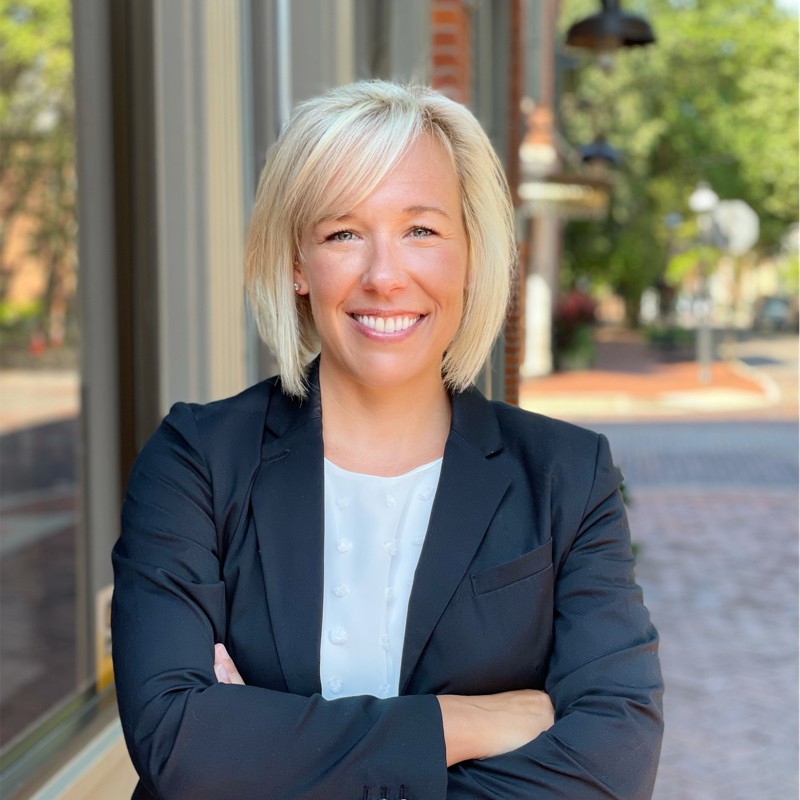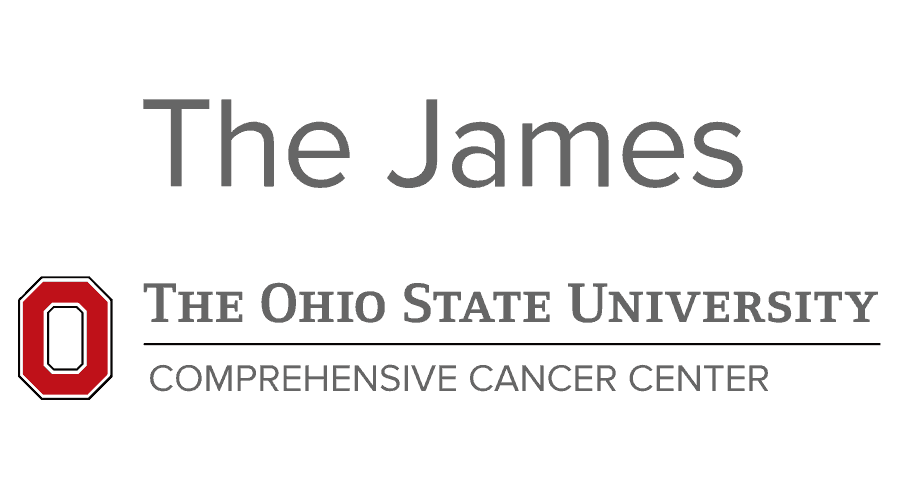Recruitment, Intervention, and Survey Shared Resource
Please remember to cite the Shared Resources!
Research reported in this publication was supported by The Ohio State University Comprehensive Cancer Center and the National Institutes of Health under grant number P30 CA016058.
We thank the XX Shared Resource at The Ohio State University Comprehensive Cancer Center, Columbus, OH for (XX)
About Us (back to top)
The RISSR provides a comprehensive range of services to support behavioral, epidemiological and non-therapeutic clinical research. Services include research design, regulatory support, participant recruitment and retention, and the collection and management of quantitative and qualitative research data. RISSR offers a continuum of services on an as-needed basis. Pricing of services is based on the tasks performed.
RISSR specialists, administrators, managers and staff have extensive experience supporting research within OSUCCC and this understanding of processes and resources allows them to develop and implement complex and effective strategies quickly.
Our staff undergo rigorous training and are cross-trained on multiple projects to ensure RISSR-managed research has continuous coverage. Our managers are responsible for hiring, onboarding, training and ongoing management and oversight, offering a cost-effective and readily available alternative to hiring, training and managing independent research support staff.
241 W. 11th Avenue, Suite 4055
Columbus, OH 43201
Phone: 614-293-7846
Heather.Aker@osumc.edu
Availability: Monday-Friday, 8 a.m.-5 p.m. (Assistance provided for other schedules on an as-needed basis.)
Meet the Team (back to top)



Caroline Gault, MPH, RISSR’s data manager, oversees quantitative and qualitative data collection and management. She and her team develop tailored applications and implement innovative strategies for electronic data capture. They provide ongoing data support including monitoring participant accrual and retention as well as the generation of project-specific data reports. Ms. Gault offers regular training and support to users to ensure efficient and quality data collection. She also oversees staff performing qualitative coding, analysis and reporting, under the leadership of Dr. Tasleem J. Padamsee.
Jennifer Moon, MPH, CCRP and Cara Dauch, MCR, CCRP, RISSR’s clinical research managers, provide support for clinical and community recruitment and oversee the conduct of observational research, retrospective studies, and non-therapeutic clinical trials. They manage staff stationed across OSUCCC clinic locations including The James, The James Outpatient Care, the Stefanie Spielman Comprehensive Breast Center, Gynecologic Oncology Mill Run, Martha Morehouse, and the Ohio State Brain and Spine Hospital. They collaborate closely with physicians and clinic staff to determine best methods for patient identification and recruitment to clinical trials. Their team of experienced clinical research specialists provide support for patient identification, recruitment and consent, eligibility screening, coordination of study visits, administration of surveys, and patient chart abstraction.
RISSR Specialists
Jill Oliveri, DrPH, MPH, is the RISSR specialist for qualitative research, as well as a program director in the Population Sciences division of the OSUCCC – James. Dr. Oliveri provides expertise for qualitative research activities within the RISSR and offers training and oversight in proper qualitative analysis methodology.
James Fisher, PhD offers consultation and assistance in locating, accessing and interpreting population-based data regarding cancer incidence, cancer mortality, cancer survival and cancer-related behaviors using large datasets, including Surveillance, Epidemiology and End Results (SEER), the Behavioral Risk Factor Surveillance System (BRFSS) and the Ohio Cancer Incidence Surveillance System (OCISS).
Cecilia DeGraffinreid, MHS, RHIA, is the RISSR specialist for regulatory and recruitment and accrual, as well as a program director in the Population Sciences division of the OSUCCC – James. She has significant experience in all aspects of managing large, multi-centered, NIH/NCI, industry and cooperative group cancer control clinical trials.
Available Services (back to top)
Research Design, Recruitment, and Retention::
The RISSR assists investigators with a comprehensive range of services related to research design, including the development of recruitment, intervention and data collection strategies, the selection and/or development of survey measures to appropriately capture targeted constructs and the hiring, training and oversight of study staff.
The RISSR also assists investigators with locating, accessing, retrieving and interpreting cancer incidence, mortality, survival and population-based data needed for grant applications or other reports
The RISSR develops processes and procedures for recruitment, eligibility screening, and consent to support community and clinical recruitment. The RISSR identifies and facilitates the accrual of human subjects from The Ohio State University’s Wexner Medical Center hospitals and clinics and the OSUCCC – James, as well as from the community. The RISSR works in collaboration with the Center for Community Outreach and Engagement (CCHE) and the Clinical Trials Office (CTO) to coordinate efforts and maximize resources.
The RISSR develops and regularly reviews study procedures to ensure accrual goals are met and to maximize adherence to study requirements. RISSR recruitment specialists recommend adjustments to study protocols as needed, as well as the training or retraining of study staff regarding proper consenting techniques, active listening, and responding appropriately to patient and participant concerns.
Regulatory: Management of Institutional Review Board (IRB) submission, amendments and continuing reviews as well as other regulatory oversight as needed
Data Collection and Management: Expertise and support in the development and implementation of customized data capture instruments in REDCap (Research Electronic Data Capture) as well as a full spectrum of qualitative data services including facilitation, transcription, analysis and reporting of focus groups and/or key informant interviews.
Click here for full list of services and fees
Please remember to cite the Shared Resources!
Research reported in this publication was supported by The Ohio State University Comprehensive Cancer Center and the National Institutes of Health under grant number P30 CA016058.
We thank the XX Shared Resource at The Ohio State University Comprehensive Cancer Center, Columbus, OH for (XX)
